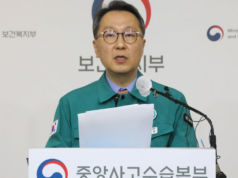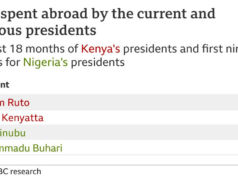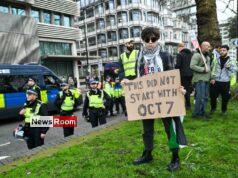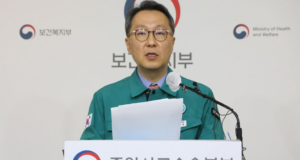JVP leader Mr. Anura Kumara Dissanayake made a special revelation in Parliament about how the government authorities supported the cigarette scam.
Mr. Dissanayake said that businessman D.S. Muditha Gunasekara of Gunasekara Company has applied for the purchase of 31500 lakh rupees from Katuwana Bank of Ceylon branch, and since the price of cigarettes is to rise in the budget, the stock of cigarettes has been pledged as collateral and requested for this loan amount.
JVP leader Mr. Anura Kumara Dissanayake made a special revelation in Parliament about how the government authorities supported the cigarette scam.
Mr. Dissanayake said that businessman D.S. Muditha Gunasekara of Gunasekara Company has applied for the purchase of 31500 lakh rupees from Katuwana Bank of Ceylon branch, and since the price of cigarettes is to rise in the budget, the stock of cigarettes has been pledged as collateral and requested for this loan amount.
Mr Anura Kumara Dissanaya stated, “I have a special revelation to make: D.S Gunasekara private limited requests a loan from the Bank of Ceylon Katuwana brach for Rs 31,5000 on September 1st, 2020.” As you are all aware, Mr Muditha Gunasekara, the son of Mr D.S. Gunasekara, is the current chairman of Pulmuddai Lanka.
Some ministers have recently stayed at Muditha Gunasekara’s Colombo residence. I will not name them. When government chiefs visit Anuradhapura, they stay at his house. He is such a close friend of the government.
He recently applied for this loan at the Bank of Ceylon Katuwana branch. Even if the Katuwana Bank is completely sold, I believe it will not fetch such a high price. His request is for a secured loan.
The security provided is a stock of cigarettes that he intends to purchase. He informed the bank that the next budget will raise cigarette prices, and he intends to stock up on cigarettes. Mr Dissanayake asked if government banks make loans to people who want to buy cigarettes or liquor in anticipation of a price increase. Budget was scheduled for November 17th, this loan request is dated September 1st, and the credit officer and bank manager approve this loan on September 9th, 2020. On September 13, 2020, the Hambanthota area manager approves this. Similarly, AGMs and other relevant personnel have given their approval. The interest rate that will be charged on this loan was the average rate that this bank normally charges its best customers. (AWBLR+ 1%)
Following all of these approvals, the board of directors is consulted. I thank Mr. B.Rathnayaka, a bank board member, for highlighting three reasons why this loan should be rejected.
First, state banks are designed to support government development plans; how can stockpiling of cigarettes be considered a state development plan?
The second government policy is to discourage smoking if a loan is given to pile cigarette stocks, isn’t it against government policy.
The third and most important one is He raised the point that when the government raises taxes, the government gains tax revenue from cigarette stocks held by tobacco companies. Allowing cigarette stockpiling before the tax is a deprivation of governments’ anticipated tax revenue and benefits a private trade with that amount.
Despite Mr Rathnayake’s arguments, the board of directors approves this loan facility. I have asked government ministers, particularly the finance minister or state minister of finance, how the Bank of Ceylon katuwana branch decided to grant a loan to stock a massive quantity of cigarettes.
The price increase was discussed with the ministry and P.B Jayasundara, but for some reason it was not included in the budget. If cigarette price increases was included in the budget, the tax revenue that the government should receive is diverted and would have gone to a private businessman.
I’d like to know is the government plans to give loans to private business owners before imposing a tax increase in the future. Mr. Dissanayake concluded his remarks.







